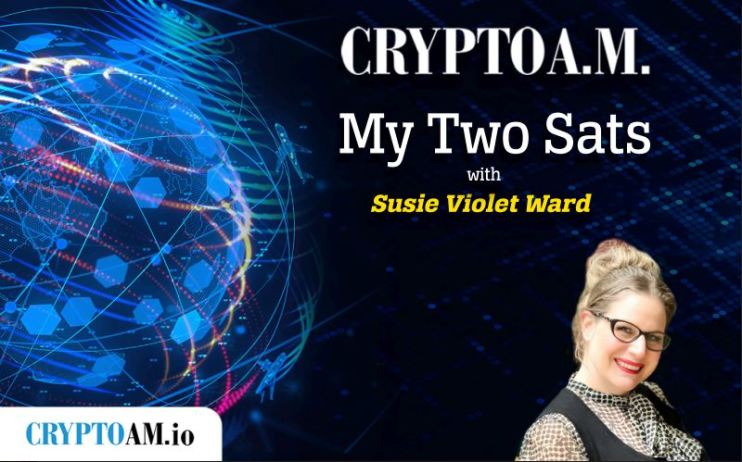Is anyone going to challenge the CBDC juggernaut?

In recent weeks, I’ve attended a series of Central Bank Digital Currency (CBDC) conferences, but none as striking as “The CBDC Revolution.” The main companies present were The Bank of International Settlements (BIS), The Digital Pound Foundation, SWIFT, Bank of England, Accenture, Global Policy Institute and of course Ripple.
CBDCs have become a global topic of discussion, yet the lack of media coverage on this topic has been non-existent and the general public remains largely uninformed about this impending change in their currency.
The technology in question will transform the way we use money, but there appears to be a lack of coverage. Apart from one article by the BBC in November 2021 and CityAM, there has been very little discussion. GB News has mentioned it briefly, but overall there seems to be a noticeable silence surrounding the issue.

Power lies in controlling money, and the Bank of England (BoE) has repeatedly stated they have no interest in our data, but the truth is hidden in the technical documentation. Payment interface providers (PIPs) will hold and control our money, data, and spending habits, and external service interface providers (ESIPs) will have ‘read only’ access to the ledger. Is read only access a guarantee for data protection forever? What if a corrupt government takes over and is tempted to manipulate the code?
PIPs will control our money and data, and can sell it to offset charges. The Bank of England is relinquishing responsibility to them, putting our privacy at risk. PIPs can use legal obligations as an excuse for their actions.
At the conference, I noticed that Bitcoin was only mentioned to undermine it, and there was a lot of misinformation about the technology. It’s unclear whether this was due to a lack of understanding or a deliberate attempt to discredit it. It’s a shame because every feature and function they discussed could be resolved by Bitcoin.
Bitcoin poses a challenge to authoritarians as it is the currency of the internet and the people. Attempts to find solutions to problems that Bitcoin has already addressed can lead to a convoluted process for governments and individuals alike.
A solution is needed for the energy-intensive financial system that aligns with the government’s ESG targets. Instead of reducing energy consumption, there should be a focus on harnessing abundant energy resources on our planet.
However, public trust in the government, institutions, and media is declining rapidly. There are accusations of gaslighting tactics being used instead of encouraging open societal dialogue. The lack of media coverage on the BoE consultation ending on June 7 seems to confirm this trend.
The project will go ahead and, once it gains momentum and the roadmap has been set in stone, only then will a national discussion commence, but it will not be a candid public discourse. Instead, I believe it will be a well-planned media campaign to sway the public opinion that it’s in their best interest.
It’s a full-time job to work out all of these details, and even then it’s unclear. How will the public have the time to work through it all? Ultimately, what I found the most frustrating is they have the solutions already at their fingertips, but they seem unwilling to explore the potential of Bitcoin. Once again, Bitcoin has no seat at the table.
My view is that this new currency is a ticking timebomb! Regardless of who is responsible for its coding, if it’s centralised, it leaves the door wide open for a tyrant or malicious entity to exploit it for their own gain, leaving the masses vulnerable and defenceless. The pressing question is, who will rise to the challenge and fight for the people before it’s too late? The stakes couldn’t be higher!